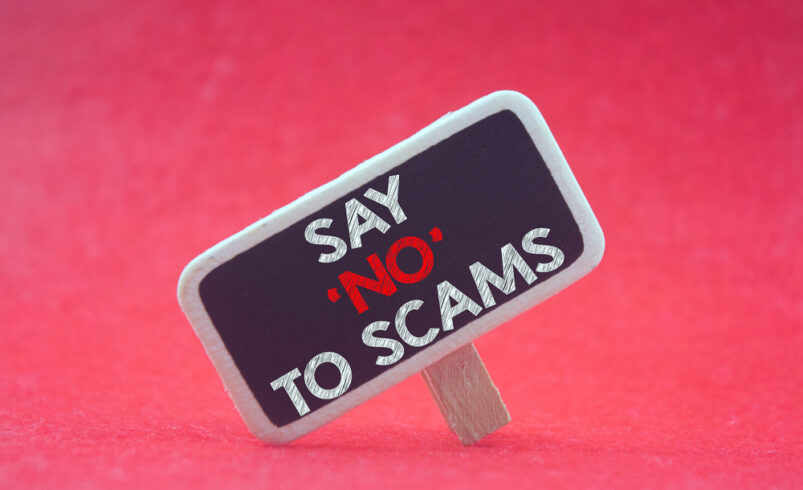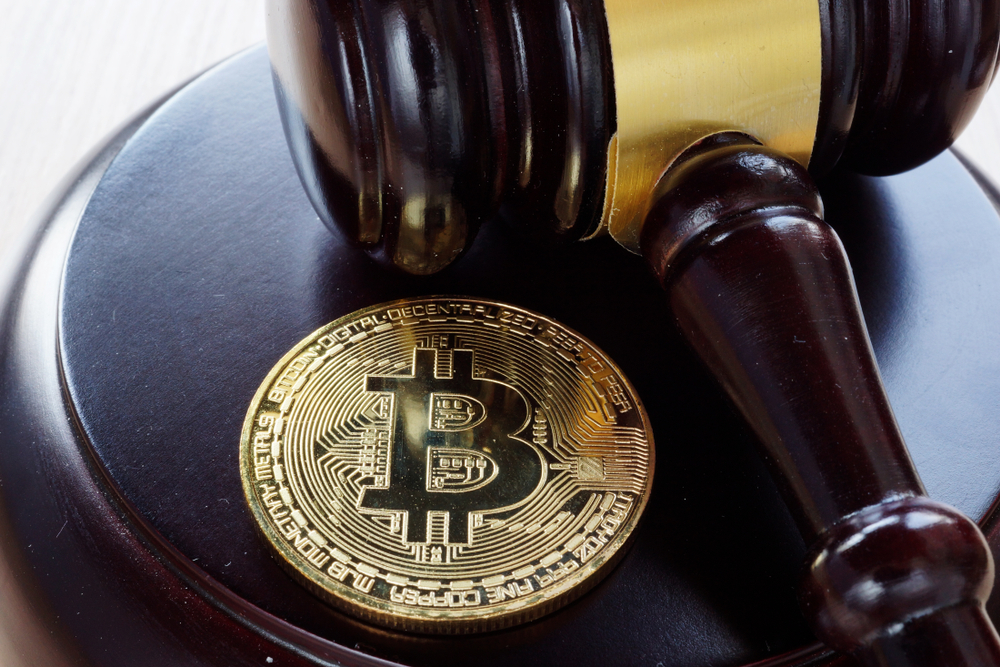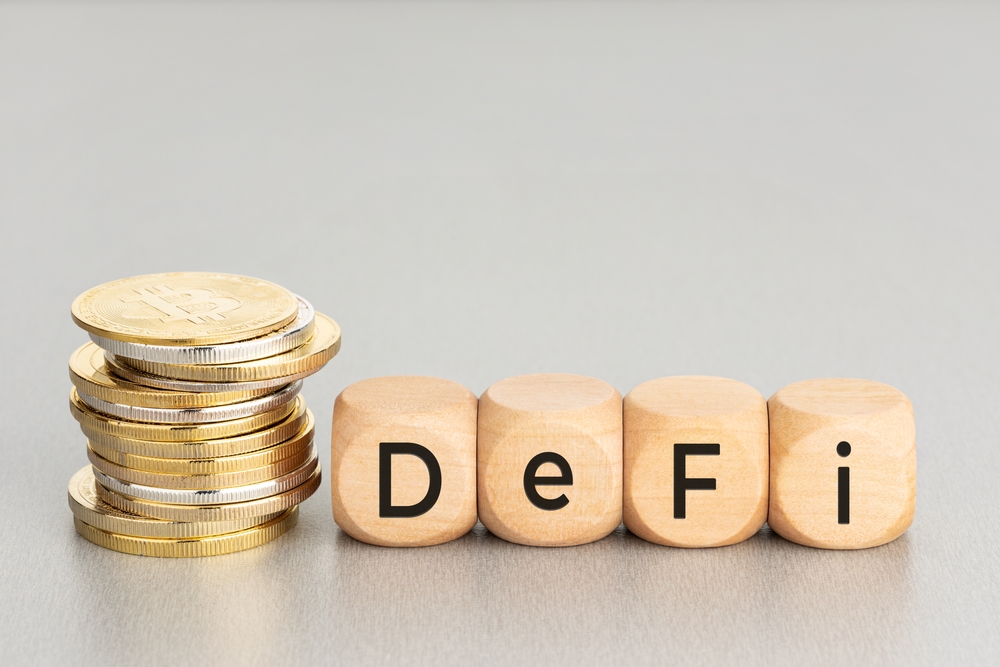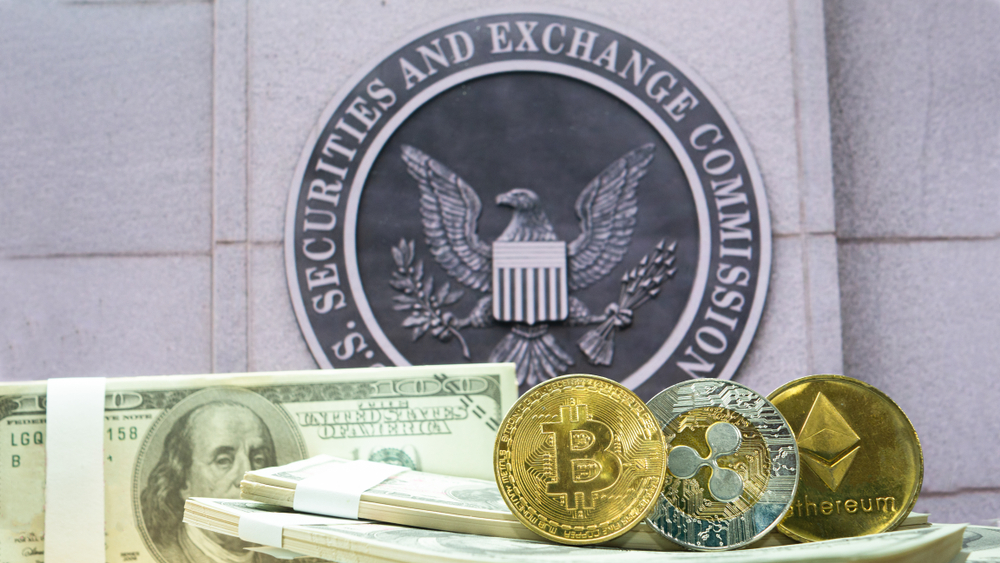Chainalysis Says Most Ethereum Tokens Listed on DEXs Are Scam, But There Is Good News

The Chainalysis Report
According to a recent report published by blockchain analytics company Chainalysis, more than 55% of the Ethereum tokens listed on various decentralized exchanges (DEXs) are pump-and-dumps. The good news is that these fraudulent tokens only account for 1.4% of the total trading volume of Ethereum-based decentralized exchanges.
That means even though there are thousands of scam tokens in the market, investors and traders are injecting their hard-earned money into trustworthy digital currencies.
The Chainalysis report reveals that more than 150,000 tokens were listed on DEXs last year. The company discovered that bad actors who launched fraudulent tokens collectively pocketed nearly $240 million in profits. Most of these actors defrauded investors within the first two weeks of a cryptocurrency’s launch.
In its report, Chainalysis defined on-chain criteria that indicated a pump-and-dump behavior. First, several crypto users (investors) with no connection to the creator of a particular token buy the digital currency, thus pumping its price. Next, the creator’s address removes over 70% of the token liquidity, essentially dumping their token holdings to investors.
Red Flags
Chainalysis mentioned numerous reg flags that investors and traders should watch out for to identify a potential scam token. Wash trading is one of the red flags stated in the report. For starters, wash trading involves one or two crypto addresses buying and selling a particular token to pump its price.
According to Chainalysis Data Analyst Diane Seo, crypto users can check the transaction history of the tokens on platforms like Dexscreener to identify wash trading and subsequently avoid investing in any token they deem a scam risk. Last year, one bad actor created 81 tokens and then used their wallet addresses to engage in wash trading. Per the Chainalysis report, the bad actor made away with over $800,000 in profits.
Chainalysis’ Message to Policymakers
Chainalysis Director of Research Kim Grauer is now asking policymakers and regulators to capitalize on blockchain’s transparency to identify scam tokens and bring their creators to book. Although the decentralized nature of blockchain makes it difficult to identify culprits, Grauer says there are several on-chain tools regulators can use to track crypto transactions and link them to specific individuals.
Disclaimer: PrimeCryptoHub.com is committed to delivering premium content for cryptocurrency aficionados. Our platform serves as a hub for crypto businesses to amplify their visibility in the market. Be aware that the nature of cryptocurrencies and digital tokens is extremely fluctuating. We advise carrying out comprehensive analysis prior to investing. A portion of our articles might be contributed by guest authors or be sponsored, and the opinions expressed in them don’t always echo our stance. PrimeCryptoHub.com holds no liability for the accuracy, content quality, advertisements, products, or any additional materials found on our site.







